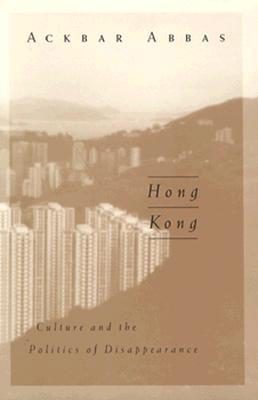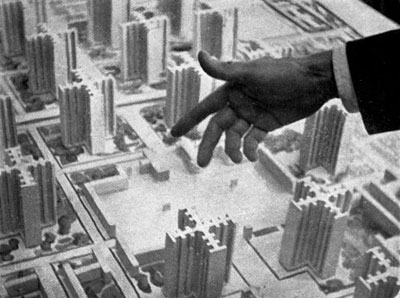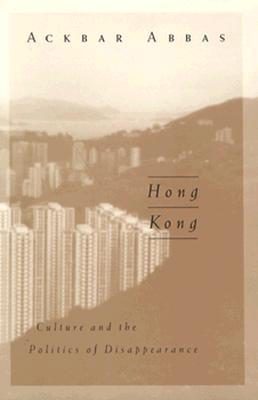[Reading Response: Ackbar Abbas]
Tutorial 1 Reading Response “The preservation of old buildings gives us history in site, but it also means keeping history in sight.” This is a quote that I find meaningful, as it corrects a common misconception that preservation is just keeping the historical sites/ traditional structures untouched, but reminding people of the collective memories and histories behind of these buildings. In my opinion, conservation is not blindly preserving old buildings, but making the old become the stem for the new, and even the catalyst for development, so both the old and new can coexist to create new meaning.


